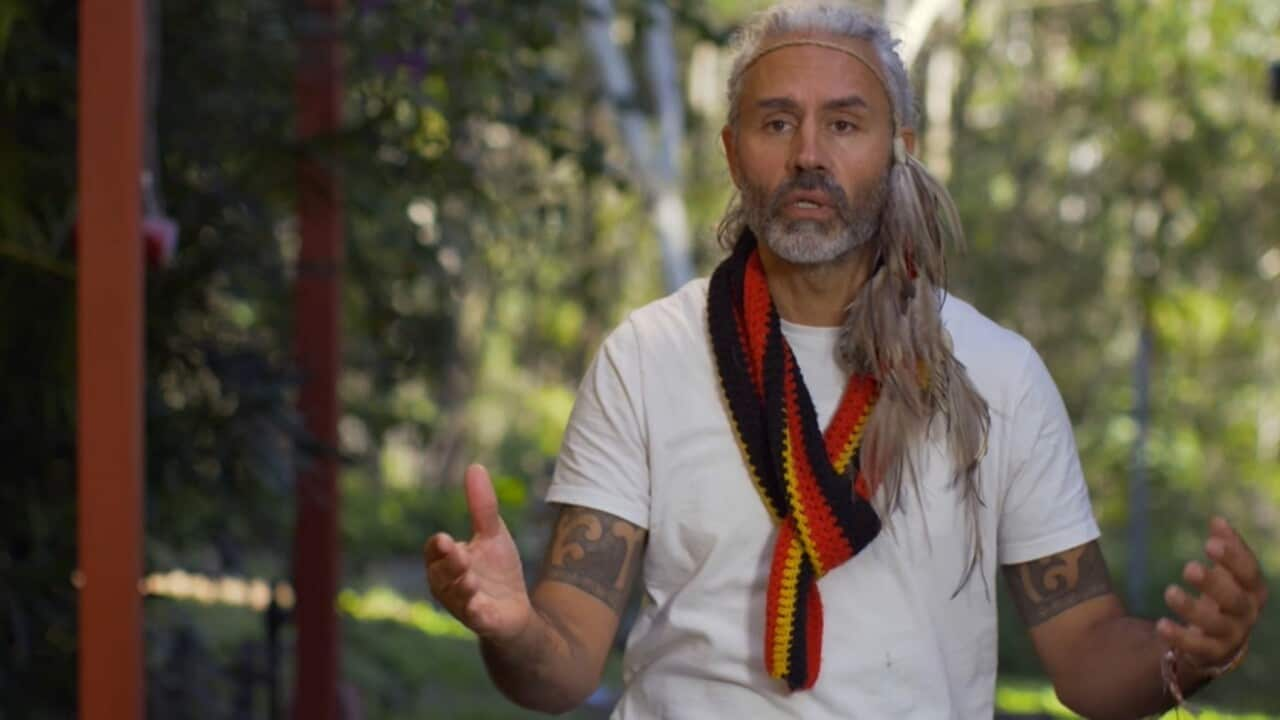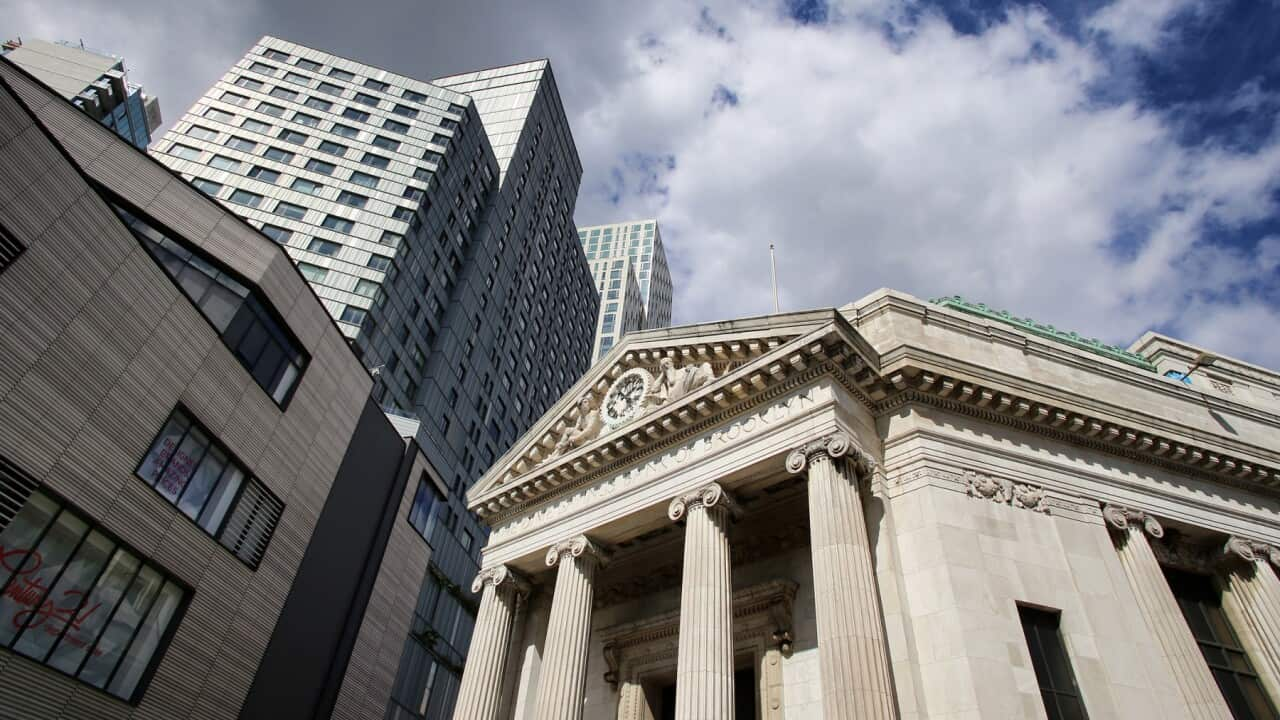When Brandii Williams was in the grip of her drug addiction, finding a safe place to sleep for the night wasn't high on her list of priorities.
Ms Williams battled addiction for a five-year period in her mid-to-late teens, during which she was often forced to couch surf with friends or occasionally sleep rough on the street.
"When you're in addiction you don't really prioritise having a job or having housing. You are homeless most of the time," she told NITV.
A new report by national charity Mission Australia reveals the hurdles faced by young Aboriginal and Torres Strait Islander people in Australia.
The report found young Aboriginal and Torres Strait Islander people were almost three times more likely than their non-Indigenous peers to have experienced living with no fixed address, living in a refuge or living in transitional accommodation.
"There were times when I was living on couches, or because of my addiction, I wasn't even sleeping," Ms Williams said.
"I left home when I was 14. I got into rehab when I was 19. So between those years there were times when I had places to live, and times when ... I was just living wherever I could live." The report also found that almost 30 per cent of Aboriginal and Torres Strait Islander respondents had been bullied in the last year, compared with 20 per cent of non-Indigenous respondents.
The report also found that almost 30 per cent of Aboriginal and Torres Strait Islander respondents had been bullied in the last year, compared with 20 per cent of non-Indigenous respondents.

Brandii battled with drug addiction in her teens. Source: Supplied
Aboriginal and Torres Strait Islander young people were also more concerned about family violence, discrimination and drugs.
Kungarakan elder and University of Canberra Chancellor Tom Calma said governments needed to act on the issues identified in the Mission Australia report, while also celebrating the positives it identified.
"I’m pleased that there is much to celebrate in this report," he said.
"Many Aboriginal and Torres Strait Islander respondents say they are happy, they’re engaged in education, they highly value their family and friendships, are confident in their ability to achieve their goals and are optimistic about their futures.
“Policy leaders must be serious about reconciliation and enhancing the social and emotional wellbeing of Aboriginal and Torres Strait Islander young people and come together with them and prioritise tackling these issues with practical solutions.”
Mission Australia chief executive James Toomey identified the specific need for better housing options.
"While there are many positive experiences and hopes voiced by young Aboriginal and Torres Strait Islander people in our report, the unique challenges and concerns expressed really drive home that we must do more to improve the wellbeing, properly support and house young Aboriginal and Torres Strait Islander people in need, so they can thrive,” he said.
“Aboriginal and Torres Strait Islander young people also told us that they’re facing unique difficulties such as unacceptably high levels of bullying, that we know is linked to racial discrimination, as well as poor mental health, homelessness and insecure housing.
"They also experience a range of personal concerns in much higher proportions that non-Indigenous young people."
Since graduating from rehab, Ms Williams has worked at Melbourne restaurant Charcoal Lane, a social enterprise run for young Indigenous Australians by Mission Australia.
Ms Williams said feeling a connection to her Aboriginal culture was crucial in helping her overcome her battles with drug addiction.
"I think it's great to work with Indigenous organisations, it creates that connection with your culture," she said.
"Working with Charcoal Lane was a massive part of my journey. Now I'm studying drug and alcohol counselling, I've got a casual job and I live with my friends. Things are great.
"Now I feel like a confident Indigenous woman with a voice. That's really empowering."











